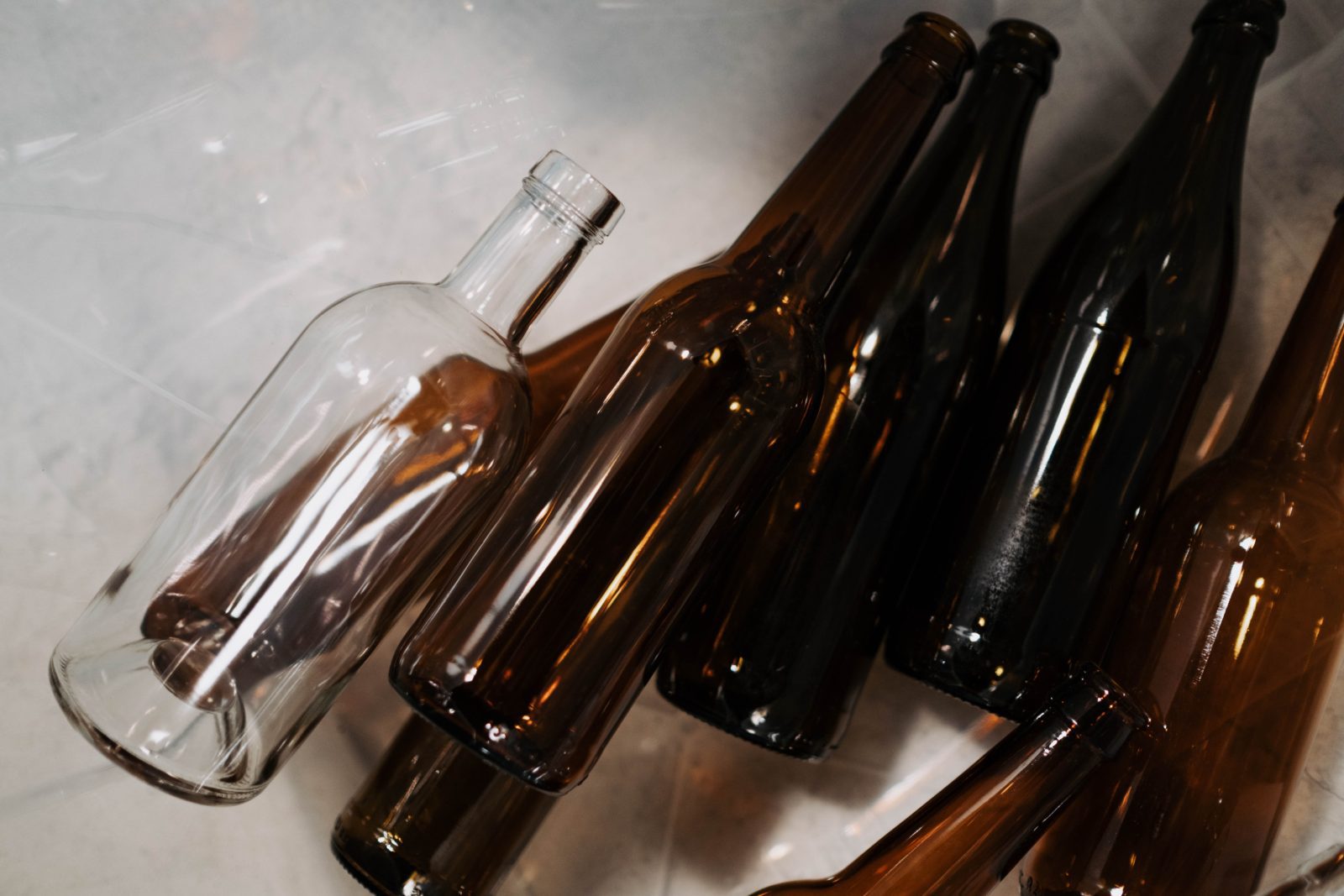The recent decision by the Czech government to include non-alcoholic beverages in the higher value-added tax (VAT) rate has sparked criticism from manufacturers in the industry. The move, part of a package of cost-cutting measures introduced by the coalition government, has been described as ill-considered and discriminatory by the Mineral Water Association. The VAT rate for non-alcoholic beverages is expected to increase from 15 to 21 percent, leading to concerns among industry players.
Incomprehensible Decision
The Mineral Water Association expressed dismay, stating that including non-alcoholic beverages in the higher VAT rate is incomprehensible. The association emphasized that the decision was unjustified and discriminatory in a statement. Manufacturers, including Mattoni 1873 and Kofola, part of the association, have strongly criticized the plan, considering it absurd and unwarranted.
Divisive Categorization
According to Jana Ježková, the association’s chairwoman, the government categorizing food into items with different VAT rates is unjustifiable. Products with a recognized health or social significance are subject to a lower VAT rate of 12 percent, while beverages, including non-alcoholic ones, will be burdened with a 21 percent VAT rate. This division is viewed as arbitrary and unfairly targets non-alcoholic beverages, branding them as unhealthy from the government’s perspective.
The Absurdity of the Decision
The criticism extends to specific examples, such as bottled mineral, infant, and spring waters. Ježková argues that tap water, which falls under the lower VAT rate as water and wastewater, is not a suitable alternative, particularly for infants and mineral water consumers. She points out the inconsistency in the government’s approach, as alcoholic beverages like still wines receive preferential treatment with a zero consumption tax.
Unfair Discrimination
Manufacturers vehemently oppose the proposed increase in VAT on non-alcoholic beverages, labeling it as unfair discrimination against a specific food category. They argue that non-alcoholic beverages are not luxury items reserved for a select few but necessities consumed by a broad spectrum of the population, including children. Ondřej Postránský, CEO of Mattoni 1873, emphasizes recognizing the fundamental role of non-alcoholic beverages in meeting people’s daily hydration needs.









